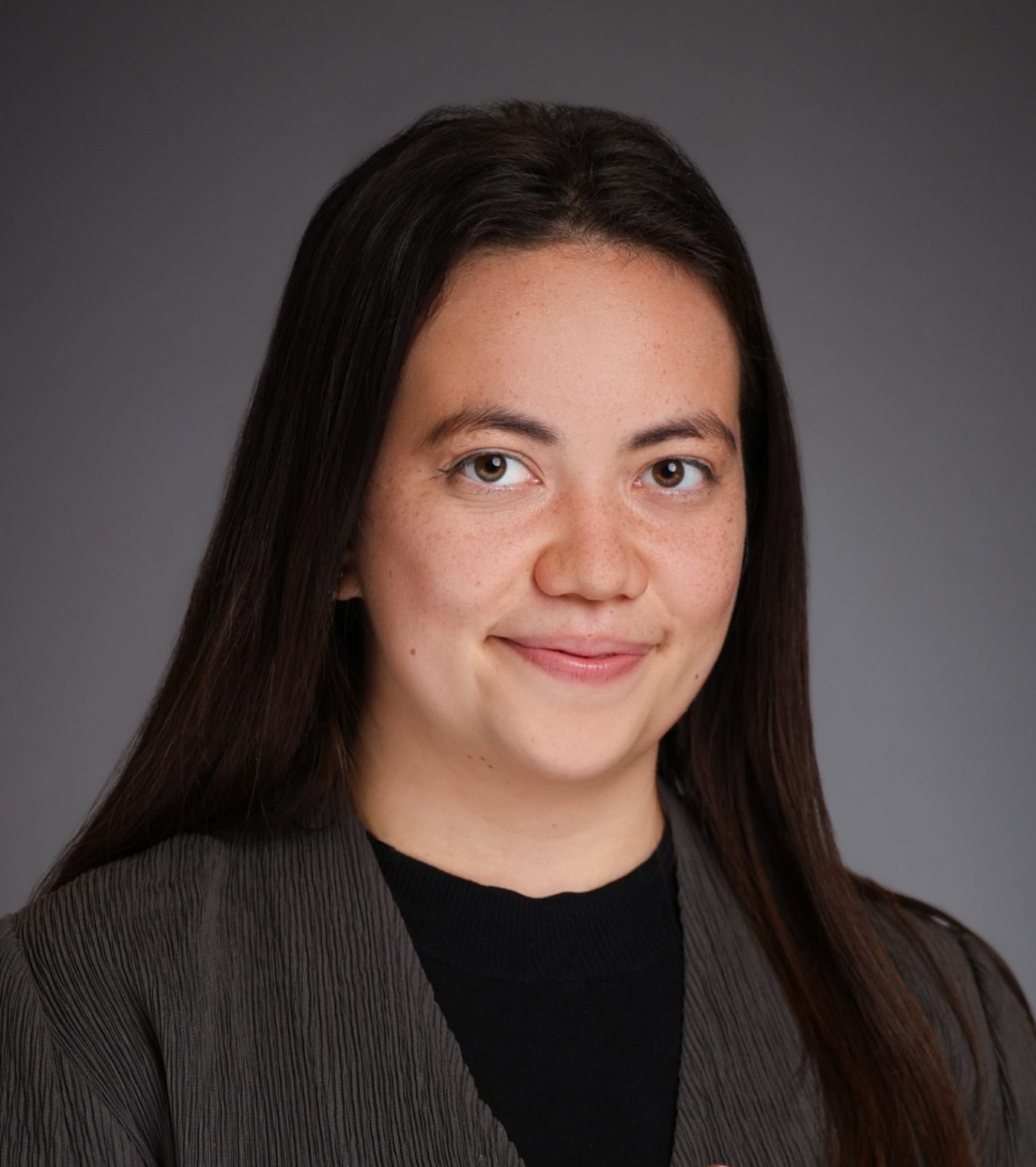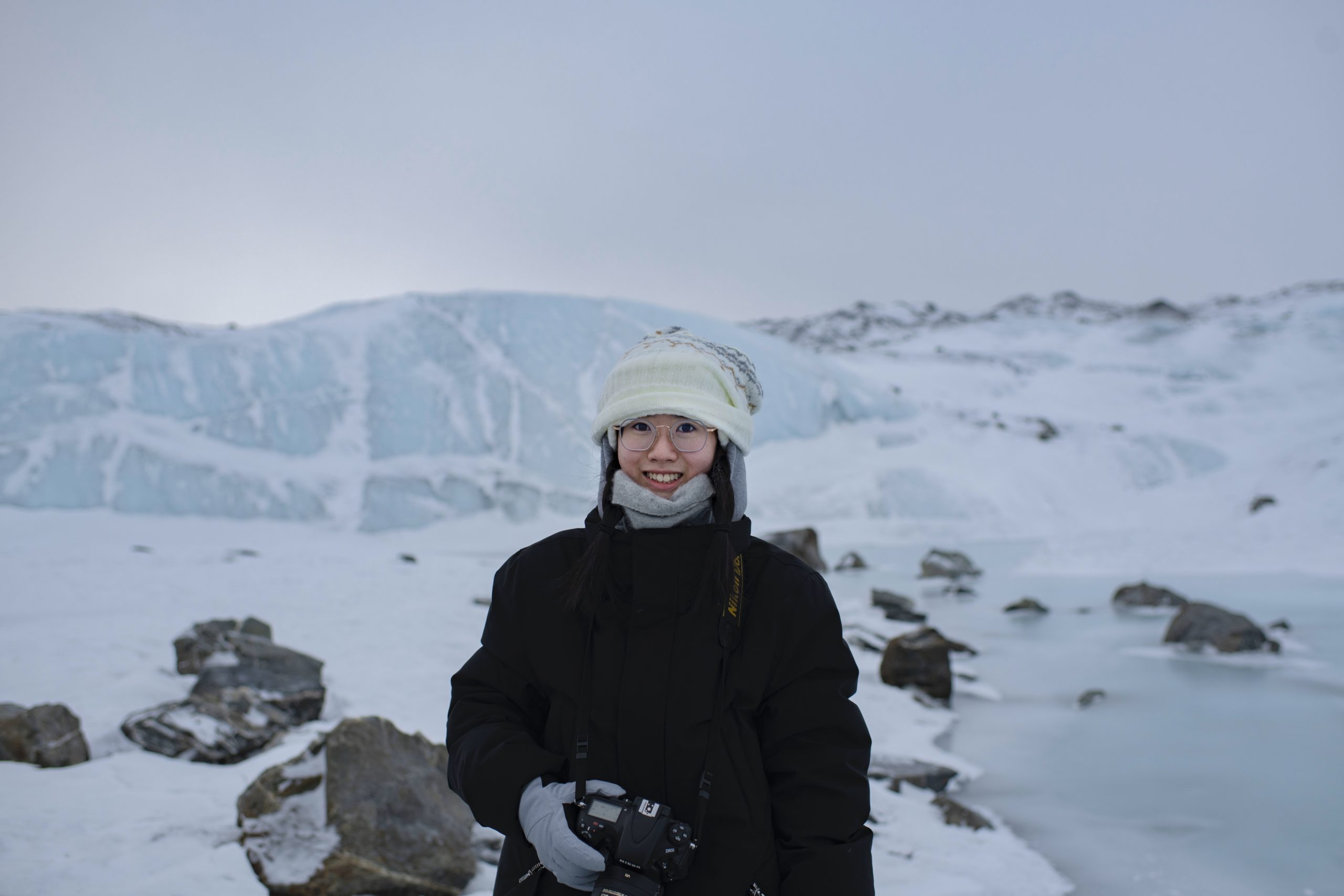OCEANS@DUKE CABINET MEMBERS
The Oceans@Duke Student Club fosters collaboration among its interdisciplinary members to examine opportunities for professional development in oceans-related careers and areas of study. Our members tend to have a common fascination with all things “blue” whether it be fisheries management or offshore wind–or both! Here, students engage with Duke University’s leading experts in oceans’ science, governance and business.
Club members include students across graduate schools at Duke University: the Nicholas School of the Environment, Fuqua School of Business, Pratt School of Engineering, Duke School of Law, Sanford School of Public Policy, and Duke School of Medicine. The club is led by a student cabinet that plans and executes the Blue Economy Summit and other opportunities for “blue”-interested scholars to gather.
2023 - 2024
Student Cabinet Members
Jacqueline is an experienced sustainable infrastructure consultant looking to advance ocean-focused climate adaptation solutions. Her goal as President of Oceans@Duke is to ensure the Duke community connects to the ocean as both a precious resource in supporting the planet’s ecosystems and a vital source of innovation in addressing the urgent climate crisis. Having worked for seven years at KPMG in both the UK and the US, she has advised public agencies and Fortune 500 corporations on quantifying decarbonization pathways and delivering sustainable infrastructure for emerging technologies, primarily around electric vehicle fast-charging, renewable energy assets, and battery storage. Prior to that, she obtained her Bachelor’s in Business Administration from the Hong Kong University of Science and Technology. As a first-year Master of Environmental Management candidate at the Nicholas School of the Environment, she looks to pivot into the intersection of finance, ocean-focused technologies, and coastal community resilience.
Ina is a second-year Master of Environmental Management candidate at Nicholas School of the Environment, concentrating in Energy Environment. Her research interest focuses on how financial incentives facilitate renewable energy integration and reduce the adverse effects of energy transitions. This summer, she worked as an EDF Climate Corps Fellow, helping S&P Global develop an internal carbon pricing strategy and nature risk profile to achieve the reduction targets and enhance sustainable procurement practices. Before coming to Duke, she worked as an NDC working group member at the Taiwan Youth Climate Coalition, assisting the Taiwanese government in developing a national net-zero roadmap.
Katrina is a second year MEM candidate at the Nicholas School of the Environment with a focus on coastal environmental management. She is interested in fisheries, management of coral reef systems, and the intersections between social context of policy formation and ecological outcomes. She also works with community-based and indigenous led management strategies for marine resources and connecting small-scale fisheries with market-based conservation solutions. Prior to coming to the Nicholas School, Katrina was living on the west coast of Canada, surfing and working in fisheries monitoring and adventure tourism.
Hope is a first-year MEM student at Nicholas School of the Environment, studying Coastal and Marine Systems & Environmental Economics and Policy. Growing up in the renowned coal province of China, Hope has witnessed the impact of fossil fuel production and the energy transition, which once illuminated over half of the nation but led to degradation and socio-economic decline in her hometown. Her prior research was focused on how decision-makers could make equitable decisions about the environment and resource allocations. In this critical decade of energy transition, she wants to learn and research the ocean as a solution to past non-renewable resource dependence and as an answer to vulnerable communities in this transition.
Mia is a first-year Master of Environmental Management (MEM) student at the Nicholas School of the Environment, specializing in Environment, Economics, and Policy, and Coastal and Marine Systems. Originally from Lanzhou, China, a populated urban center, Mia’s early surroundings provided limited opportunities to connect with nature. However, this constraint didn’t deter her passion for the environment. To broaden her understanding of nature and environmental issues, Mia embarked on a year-long journey of travel and volunteering across the globe. Engaging in various volunteering programs, she discovered her identity as an inner citizen scientist, actively contributing to marine conservation efforts. Now at Duke University, Mia is passionate about coastal management with a focus on learning more about the green economy transition and the pivotal role of ocean-based solutions in this transformative process.
Growing up in South Florida, Brooke spent her life by the shore witnessing the anthropogenic degradation of coral reefs firsthand. This acute awareness of the plight facing reefs propelled her into a career of restoration, conservation, and innovation. She obtained her B.S. in Environmental Engineering from the University of Colorado – Boulder and spent the last few years of her post-grad career as a restoration specialist working for the Coral Restoration Foundation, the Coral Restoration Consortium (CRC), and the KAUST Reefscape Restoration Initiative. At KAUST, she was involved with the world’s largest restoration project where she helped to implement plans to restore 100 hectares of reefscape. She currently serves as the Chair for the Engineering and Innovation Working Group with the CRC where she interfaces with various stakeholders aiming to improve the efficiency of restoration technology. At Duke, she hopes to explore the implications of building the restoration economy and deploying equitable nature-based solutions at scale. She is passionate about coastal resilience and investing in the blue economy. Brooke is obtaining her MEM in Coastal and Marine Systems and Business and the Environment and is excited to join the Oceans@Duke team.
Alejandra is in her first year of the Masters of Environmental Management program at the Nicholas School of the Environment. Her interests in marine resource management and geospatial analysis led her to pursue a concentration in Coastal and Marine Ecosystems and Environmental Analytics and Modeling. She is curious about how technology can be used to cover critical data gaps, and ultimately give us a greater understanding of marine environments.
Lily is a first-year MEM student at the Nichols School of the Environment, focusing on Coastal and Marine Systems and Community Engagement and Environmental Justice. She is interested in marine conservation, restoration, and climate change mitigation. Lily is also a passionate scuba diver and underwater photographer, using her images and narratives as a powerful tool for science communication.
Ally Aplin
Social Coordinator

Ally Aplin is a Masters Student at Duke University Nicholas School of the Environment in Coastal and Marine Systems and Environmental Economics and Policy. Her background is in marine ecology research and education and is specifically interested in marine protected area implementation, fisheries management and conservation. She hopes to contribute toward better science communication between management, researchers, fishers and the public to work toward a more sustainable and equitable future.
Faculty Advisors
Daniel Vermeer – Fuqua School of Business
Douglas Nowacek – Nicholas School of the Environment and Pratt School of Engineering
John Virdin – Nicholas Institute of Environmental Policy Solutions
Rebecca Vidra – Nicholas School of the Environment







